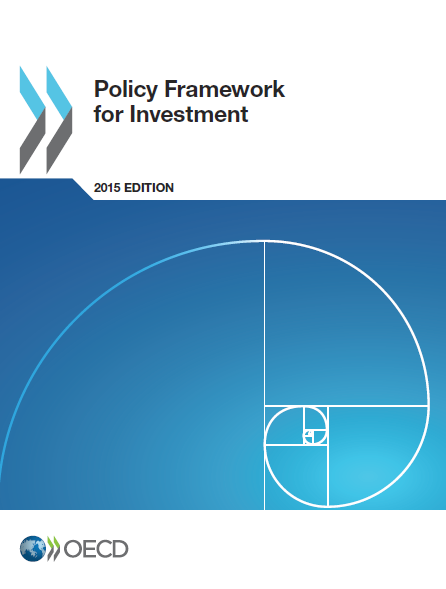816 results found
Featured results



More results

This book proposes a synthesis of several of the works carried out for the research program, as well as a comparison with other works treating a similar problem.



Presents the findings of a desktop research study of standard public-private partnership (PPP) contracts and contractual principles from economies with well-developed PPP programs and more.



The interest generated by the role of PPP in the implementation of the Sustainable Development Goals (SDGs) is considerable.



The Guide to Guidance is principally aimed at public procurement authorities considering the use of public-private partnership (PPP) arrangements.



At their 2014 Summit, the B20 called on G20 governments to apply best practice procurement processes in all large and/or publicly significant infrastructure projects.



The aim of this guidebook is to compile information on PPP frameworks in APEC member economies into a single information as a facilitatory tool for investment.



The aim of this PPP-Readiness Self-Assessment is to provide a diagnostic tool for identifying the key areas that governments need to address in order to involve the private sector more actively in the infrastructure development process.





Strategy 2020, the long-term strategic framework of the Asian Development Bank (ADB) for 2008–2020, identifies private sector development (PSD) and private sector operations as drivers of change in Asia and the Pacific.





The procurement guidelines were introduced in April 2015 by ADB. The purpose of these Guidelines is to inform those carrying out a project that is financed in whole or in part by a loan from the Asian Development Bank (ADB), ADB-financed grant, or ADB-administered funds.



This is a summary of policies and procedures governing procurement and selection of consultants in Bank-financed projects.



This Public-Private Partnership (PPP) Handbook is designed for the staff of the Asian Development Bank (ADB) and its developing member countries' clients.



The report identifies and explores six critical success factors that governments should be aware of and seriously consider when preparing an infrastructure project to be delivered as a Public-Private Partnership.






The IMF's Public Investment Management Assessment (PIMA) framework helps countries evaluate the strength of their PIM practices.



This toolkit outlines a spectrum of tools that can help the countries navigate the evolving architecture of climate finance and seize opportunities for accessing finance for adaptation.



The report identifies and illustrates three critical success factors that governments should be aware of and should seriously consider for their operations and mainteance strategies.





 Read PPP Handbook (Version 2)
Read PPP Handbook (Version 2)


